Got a water heater that’s getting slower to heat up? Or a dishwasher that leaves a film on dishes? Most of these issues come down to one simple thing: sediment buildup. Flushing gets rid of that gunk, restores efficiency, and can add years to the life of your appliance.
Every time hot water runs, tiny mineral particles settle at the bottom of the tank. Over time they turn into a crust that blocks heat transfer. The heater works harder, uses more energy, and the water may start to smell or taste odd. The same idea applies to heat‑pump condensers, boiler heat exchangers, and even extractor fans that collect grease and dust.
Regular flushing does three things:
There’s no one‑size‑fit‑all answer, but here are some solid guidelines:
If you notice any of these signs – slower heating, strange noises, rusty water, or reduced airflow – flush right away, even if it’s not yet time.
All you need is a garden hose, a bucket, and a wrench. Turn off the power or gas, shut the cold‑water inlet, attach the hose to the drain valve, and let the water run until it’s clear. Then open the inlet valve to let fresh water flush out any remaining debris. The whole process takes about 30 minutes.
Safety tip: always let the tank cool for at least an hour before you start. Hot water can scald you.
For a dishwasher, run an empty hot‑cycle with a cup of white vinegar on the top rack. This removes mineral film and foul odors. For a heat‑pump condenser, turn off the power and spray the coils with a garden hose, being careful not to damage fins. A quick brush‑off of extractor fan blades followed by a vacuum of the housing keeps grease from building up.
Regular flushing doesn’t have to be a nightmare. Set a reminder on your phone, keep a small checklist, and you’ll notice lower bills and fewer breakdowns. If you ever feel unsure – especially with gas‑fuelled appliances – calling a qualified technician is the safest route.
Bottom line: flush often, flush correctly, and your home will run smoother for years to come.
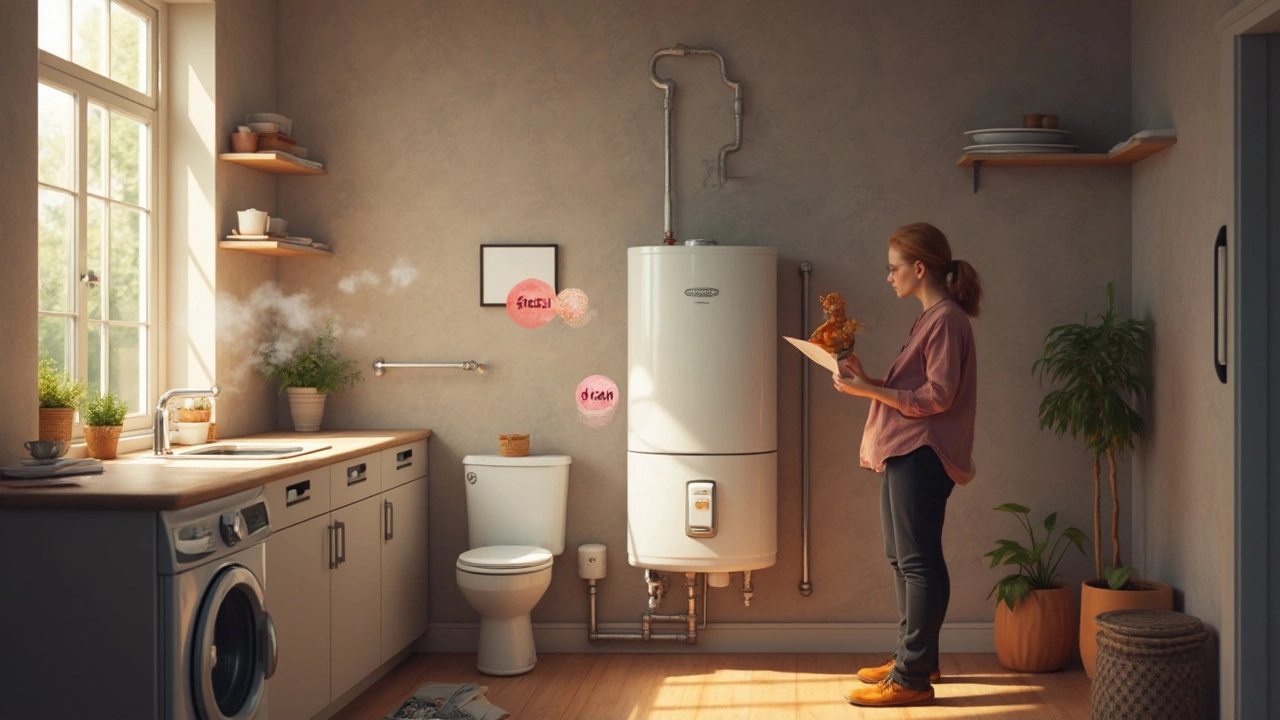
Wondering if you should flush or just drain your water heater? This article breaks down the difference, when each method makes sense, and what actually helps your water heater last longer. You'll find practical advice, simple tips, and a few things even pros forget. Discover the truth about tank cleaning—without the jargon or confusion. Your next maintenance day just got a lot less stressful.
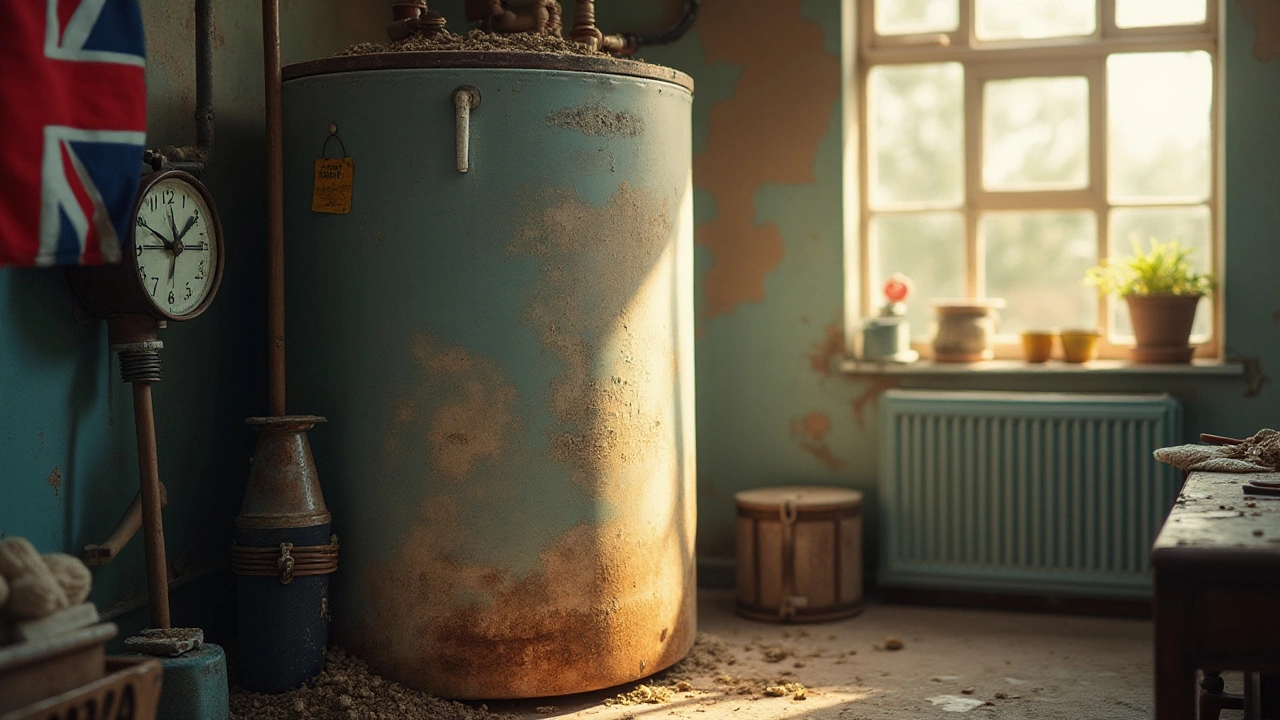
Neglecting to flush your water heater can lead to a host of issues, from inefficiency to full-blown malfunctions. Sediment buildup can decrease heating efficiency and even cause damage over time. This article explores what happens if you never flush your water heater, why regular maintenance is crucial, and how you can perform these tasks. Dive into practical advice and tips for maintaining a healthy water heating system.
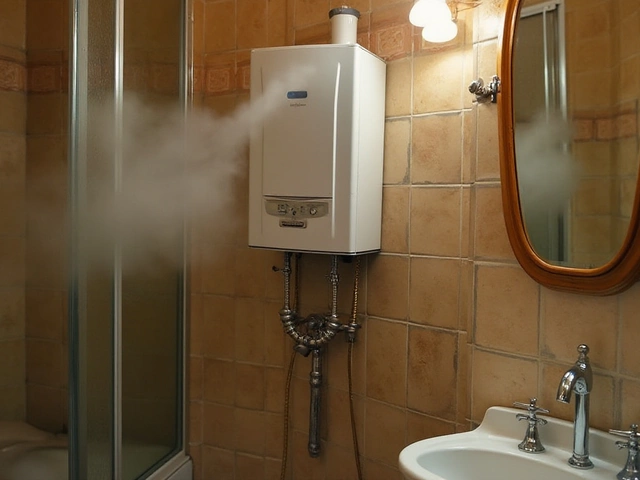
When your hot water heater isn't supplying the steamy showers you're used to, it might be due to a faulty heating element. This article dives into common indicators of a malfunctioning water heater element, such as unusual noises, inconsistent water temperatures, and an unexpected spike in your energy bills. You'll learn how to diagnose potential issues and gather insights on troubleshooting these problems. While some fixes might require professional expertise, understanding the basics can help you pinpoint the root of the problem and decide the best course of action. Get ready to reclaim your warm water comfort!
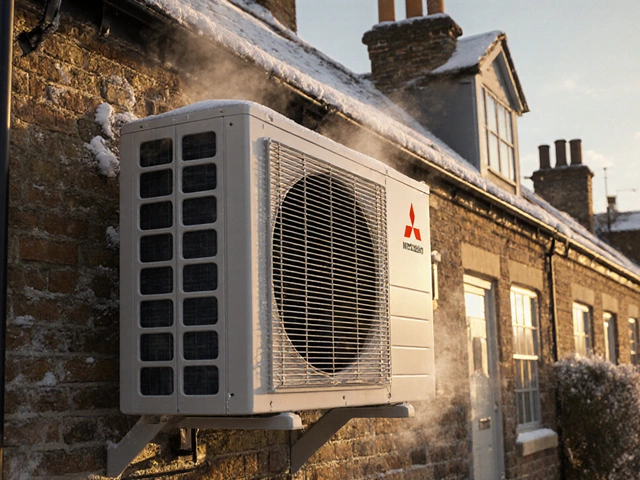
Discover the most reliable heat pump brands for UK homes in 2025, based on real repair data, warranty claims, and installer feedback. Avoid costly mistakes by choosing wisely.

When your electric hob stops working, it's more than just a minor inconvenience—cooking essentials go awry, family meal plans are disrupted. Understanding some common causes and fixes is crucial before calling in the big guns or rushing to buy a new unit. From circuit issues, faulty sensors, and even user errors, many problems have straightforward solutions. This guide walks you through troubleshooting steps and shares tips to keep your hob cooking strong.
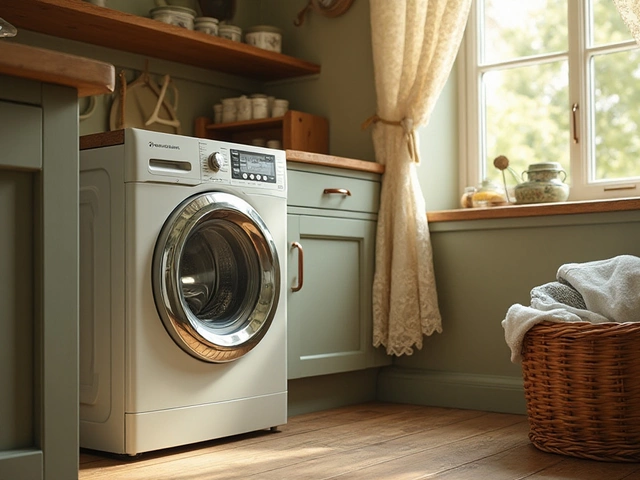
Choosing a reliable washing machine can be a daunting task given the numerous options available. This article provides insights into brands known for fewer repair issues and shares tips to maintain and extend the washer's lifespan. With technological advancements and design improvements, knowing how to select a durable washer can save time and money. Learn about the top performing washer brands based on recent studies and consumer reports. Also, discover interesting ways to keep your machine running smoothly.
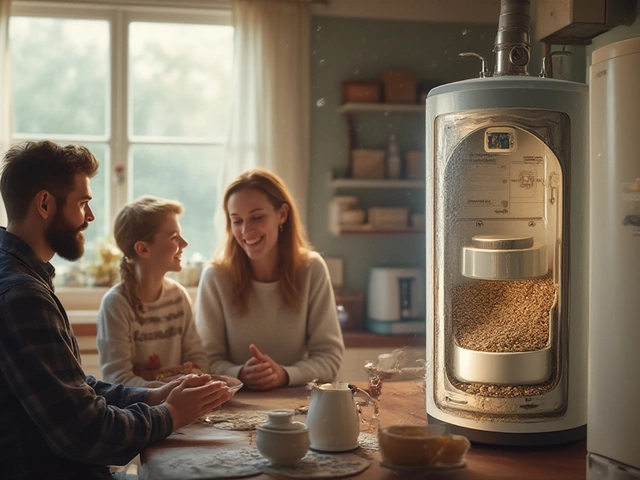
Learn how often to flush your water heater, why it matters, signs it's time, mistakes to avoid, and simple steps to, maintain hot water at home.